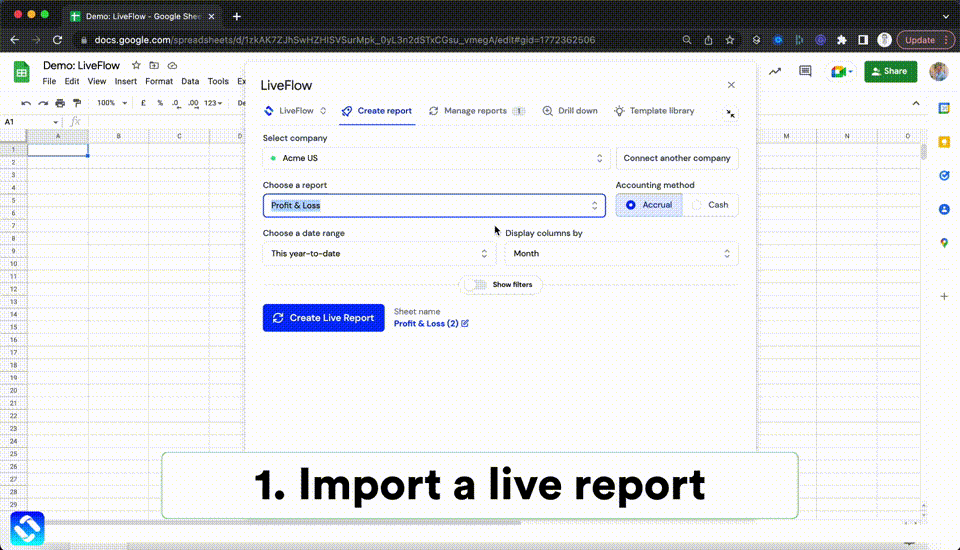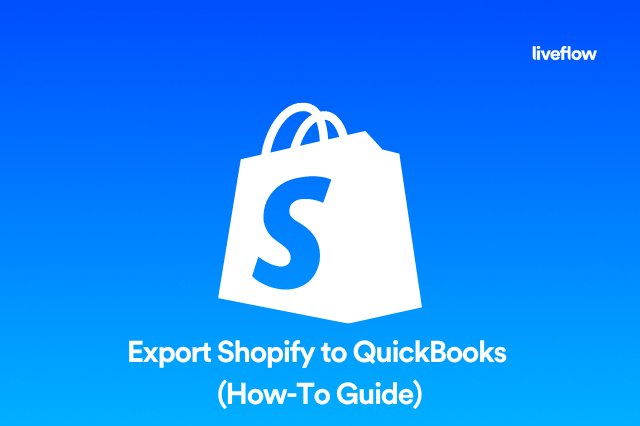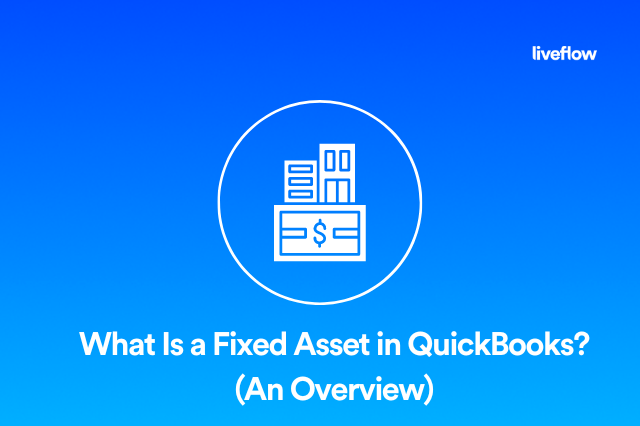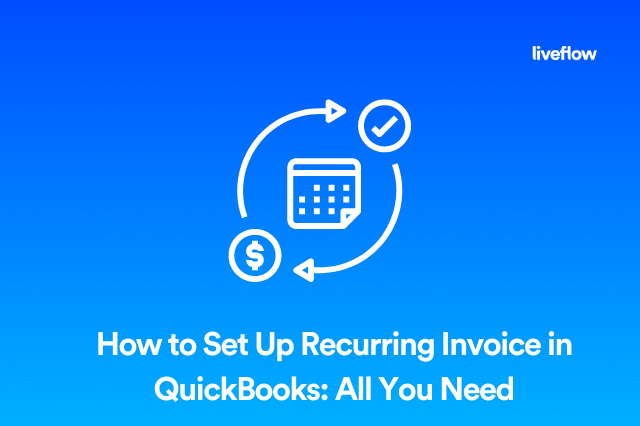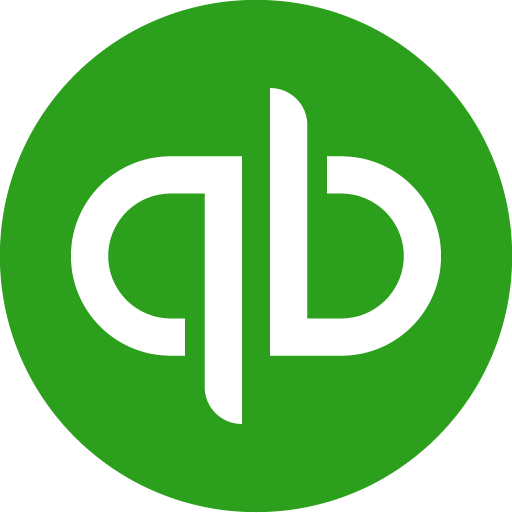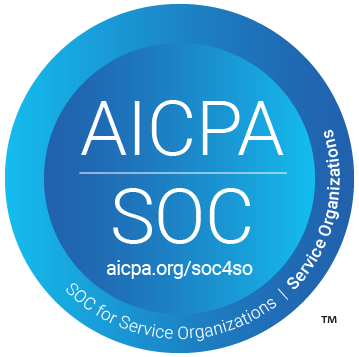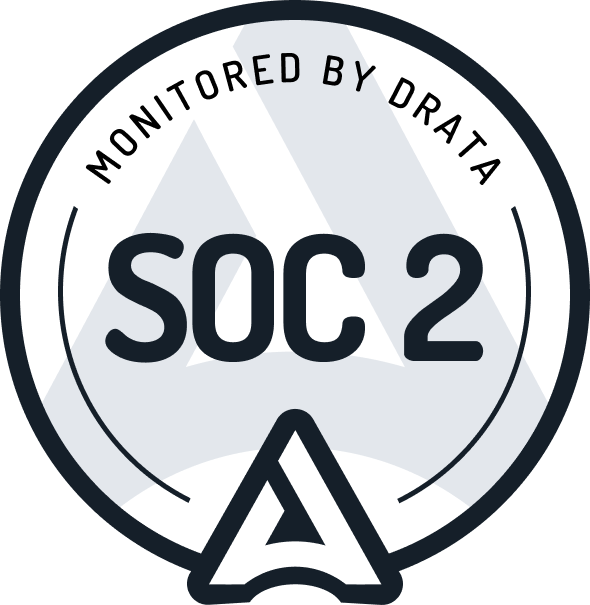With so many alternatives available, selecting the finest accounting software can be difficult. QuickBooks vs Sage, Which software do you prefer—the market-dominating QuickBooks or the more reasonably priced Sage?
More so in light of Sage 50's development for small enterprises and Sage Intacct for larger ones.
The following will be attempted to be clarified in this article:
- Having knowledge of Sage and QuickBooks
- Similarities and Differences for better accounting
- Sage 50 vs. QuickBooks
- Sage Intacct vs. QuickBooks
- Which of the following is the best for you: Sage 50 vs. QuickBooks vs Sage Intacct
What is QuickBooks?
Intuit created and sells the accounting software suite known as QuickBooks. Your financial information, reports, business data, etc. are organized for you by QuickBooks so that it is simpler to understand, review, and manage.
Numerous options in the QuickBooks product range are excellent for everybody, from a freelancer to midsized enterprises.
What is Sage Software?
Sage is accounting software that makes a number of accounting chores easier, more organized, and more convenient. Sage now has over six million customers and is the third-largest accounting software globally for financial management during the past 20+ years.
Sage Software is utilized by companies of all sizes, from start-ups to massive multinationals, and its adaptability is a fundamental component.
Sage offers four industry-leading cloud financial services, including:
- The self-employed and small enterprises both utilize Sage Accounting (previously known as Sage One).
- Sage 50cloud; is intended for small businesses that are more established.
- Sage 200: which has two versions — Standard and Professional—which is an ERP and financial management solution for SMEs.
- Sage Intacct is intended for small- to medium-sized businesses as well as divisions of bigger corporations.
How different is QuickBooks from Sage?
Depending on the package you select, their costs may be comparable. However, a few features differentiate these products.
You may manage your company's finances and accounts, including sales, orders, invoices, productivity, budgets, and profits, with the use of both Sage and QuickBooks' online cloud accounting solutions.
As we clarified earlier, Sage provides a number of ERP and financial management systems, including Sage 200 and Sage Intacct, for bigger small and medium-sized businesses (SMBs) and enterprises.
Therefore, we will compare QuickBooks to two of Sage's most widely used products, Sage 50 and Intacct, in this post.
Sage 50 vs. QuickBooks
Both provide small businesses with entry-level solutions that are reasonably priced and have a variety of plans that are charged on a monthly or annual subscription basis.
Sage 50 is best suited for seasoned bookkeepers who require project accounting or consolidated financial accounts, nonetheless.
From the perspective of QuickBooks, it is designed for proprietors of small enterprises and independent contractors who want to manage their own books.
The fact that QuickBooks calculates sales tax rates automatically based on addresses and files sales tax returns, unlike Sage 50, is a great plus.
Furthermore, when compared to Sage, QuickBooks is frequently praised for its user-friendly interface. Because of the intuitive layout of QuickBooks Online, business owners and managers may effortlessly manage cash and banking activities.
73 integrations are available for Sage 50cloud, as opposed to 825 for QuickBooks. While QuickBooks offers a wide selection of connectors, including QuickBooks Payroll, Shopify by OneSaas, Service Trade, and Fathom, Sage 50's integrations mostly target the Microsoft 365 apps.
When it comes to pricing, Sage 50cloud offers three distinct monthly-billed pricing plans, compared to QuickBooks' four different pricing options.
Pricing for sage starts at:
- Pro Accounting costs $56.08 monthly for a single user.
- Premium Accounting costs between $87.58 for one user and $201.58 for five users per month.
- Quantum Accounting costs range from $145.17 for a single user to $371.08 for ten users each month. For groups of 11 users or more, custom pricing is offered.
The cost of QuickBooks 4 includes:
- Simple Beginning: $25 monthly for one user
- The minimum requirements are $50 per month for three users.
- Additionally: $80 monthly, which covers five users
- Advanced: $180 per month for 25 users
Sage Intacct vs. QuickBooks
If you utilize Sage 50 and are searching for a more sophisticated Cloud-based accounting solution, Sage Intacct is the logical next step.
Its program consists of six overarching modules, and you can choose the ones you require for your plan.
While Sage Intacct is a popular option for larger SMBs and medium-sized businesses due to its ability to manage complex accounting processes and requirements, QuickBooks is more suited to small and medium-sized businesses.
The dashboard of the program enables you to monitor quick metrics across the board for organizations with many entities, such as holding corporations.
While Sage Intacct pricing is quote-based, QuickBooks has a set price. As a result, pricing for Sage Intacct is tailored to your company's needs rather than having a set price.
Sage Intacct has a number of advantages over QuickBooks, including the ability to delay billing and change currencies within reports, which QuickBooks does not provide. Additionally, it is incapable of managing or processing orders.
Compared to QuickBooks Online, which has 5144 reviews and a rating of 4.3 / 5 stars, Sage Intacct has 329 reviews and a 4.16 out of the 5-star average.
While Sage Intacct can only be used by Cloud, SaaS, Web-Based, Desktop - Mac, Desktop - Windows, Mobile - Android, Mobile - iPhone, and Mobile - iPad, Quick can be used on a variety of devices as well.
Furthermore, Sage Intacct software has a steep learning curve compared to QuickBooks Online, which is simple to set up and use.
In our opinion, QuickBooks is the best option for small businesses wanting to begin with bookkeeping when comparing it to Sage50, Sage Intacct, and Sage 50.
Only experienced bookkeepers should select Sage 50cloud, and if your business expands and you require more powerful accounting, you should think about Sage Intacct.
Can QuickBooks be converted to Sage?
When you create a new company in Sage 50, you can completely import your record list and certain company information from QuickBooks.
Prior to conversion, you should examine the following, though:
- The PC used for the conversion should have both QuickBooks and company data loaded on it.
- Your QuickBooks firm should use the same date format as Windows, Regional and Language Options, and other programs.
- If your business utilizes QuickBooks for payroll, you should export the Employee list and payroll items to an IIF file. If this record is not exported, the information on employee payroll and the earnings and expenditures of the company will not be kept.
- Include the Chart of Accounts and Currency List data in the IIF file if several currencies are being used.
Can you convert anything?
The data that can be transferred from QuickBooks to Sage 50 is summarized as follows:
- Company details: Price listings, credit cards, and budgets
- Records include accounts for suppliers, clients, workers, and stock goods
Additionally, keep in mind that;
- QuickBooks 2008 and 2009 do not include a conversion function.
- From QuickBooks 2011 or 2012 to Sage 50 Accounting 2013 or 2014, you can transfer information
- QuickBooks 2013 can be imported but not converted to Sage 50 Accounting 2013 or 2014.
Follow these procedures to add QuickBooks data to an existing Sage 50 accounting file:
- Select and launch your business in QuickBooks.
- Select Lists to IIF Files under File, Utilities, and Export.
- From the Export window, select Vendors.
- Select OK.
- Select an appropriate file name, then save it in a well-known area.
- Choose and launch QuickBooks for your business once more.
- Select each item separately and save them all. Customer List, Vendor List, and Employee List are the three common import list files for Sage 50.
- Create your business in Sage 50.
Please be aware that neither the transactions nor the dollar amounts are converted. Since QuickBooks does not have distinct entries for state data or provincial data, addresses are also interpreted with a comma after the first line of the address.
Furthermore, it's crucial to check that your addresses have a comma between the city and the state/province. Chart of Accounts can also be imported from QuickBooks into Sage 50 Accounting to create a company file, however, this can only be done at that time.
Finally, we firmly advise you to exercise caution when utilizing the product capabilities listed below. Always back up your data before moving on to more sophisticated solutions.
Consult a knowledgeable Sage business partner, network administrator, or customer support analyst if necessary.
LiveFlow
With the help of LiveFlow, businesses can include real-time data from their banks, payment systems, and accounting services into their bespoke reports, automating processes, consolidating accounts, and encouraging greater internal communication.
Accounting transactions are no longer entered manually as they once were. Create your budget and attach actual data in only a few clicks.
Why LiveFlow can be useful: Data from QuickBooks may be directly imported into Google Sheets
Avoid week-long consolidation processes. There is no need to return to it after it has been set up. Without navigating back to your accounting program, you may see your underlying transactions. Work on Google Sheets for everything.
LiveFlow "provides a critical service, allowing enterprises the visibility and real-time information they need to efficiently manage their business" by automating and streamlining the reporting process.
LiveFlow only gets better as it adds thousands more Templates. Decide the report you wish to automate:
- Profit and Loss
- White sheets
- Cash Flow, among a variety of others.
Book a free live session with us.
